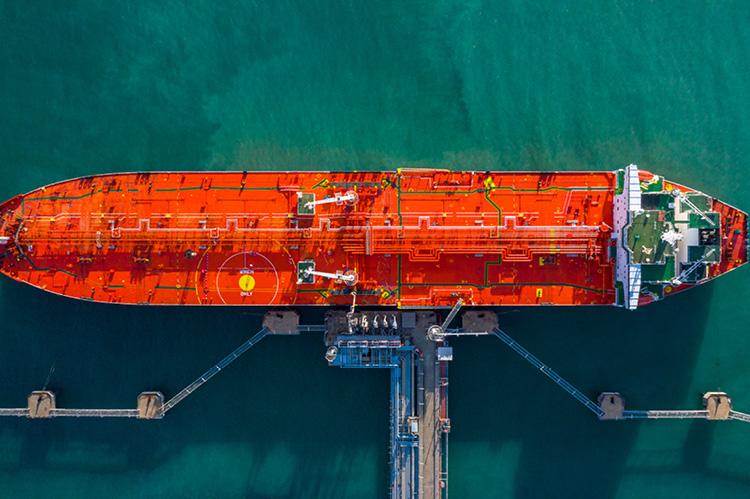Cost Considerations Roil The Druzhba Transboundary Oil Pipeline

Over one year ago Russian oil contaminated with organic chlorides was shipped in the Druzhba transboundary pipeline to Belarus, Poland, Hungary, the Ukraine and Germany, et al. In the interim no satisfactory answer to what actually happened has been provided. Nonetheless there were and are price implications stemming from the incident, reverberating to this present day: exports of Russian Urals oil via the Druzhba pipeline are likely to fall in the first quarter as sellers have been pressing for higher crude prices that margin-strapped refiners cannot afford, according to Reuters.
In addition, the costs of shipping oil by sea has been falling: costs for Russian flagship Urals crude has made exports via the Druzhba pipeline to Europe less profitable compared to shipments from ports.
"Sellers ask for a price increase as seaborne exports have become more profitable but European refiners suffer from weak margins and are not ready to take on additional costs," one of the sources said.
The Russian sources told Reuters that major Russian suppliers, including Gazprom Neft, Surgutneftegaz and Rosneft are considering shifting oil deliveries from the Drushba to the Baltic ports. These companies could divert almost 1 million tonnes (7.33 million barrels) of Urals from the pipeline to Baltic ports in January, the source said.

